Deck & Commander Strategies
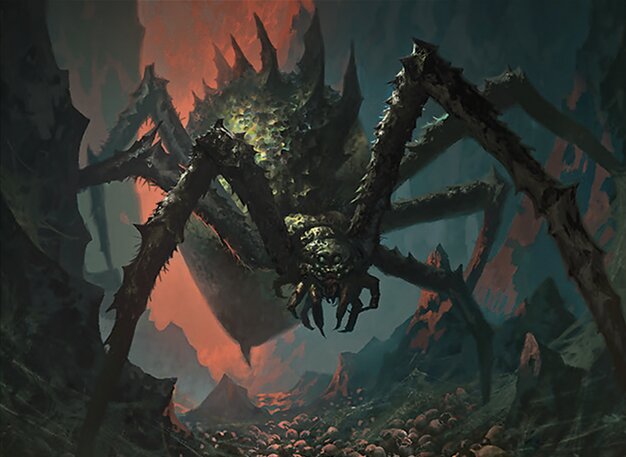
Shelob, Child of Ungoliant
Spider tribal focused on creating food tokens and copying opponents' permanents to build a large, threatening board. Uses combat damage and deathtouch to control the battlefield.
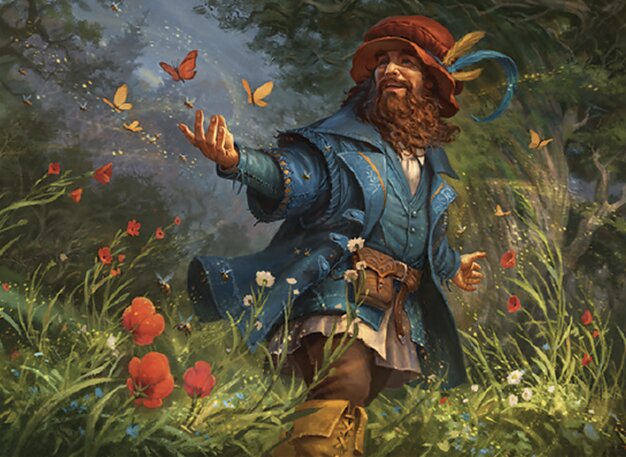
Tom Bombadil
Saga tribal that aims to play multiple sagas quickly to generate card advantage and board presence, supported by enchantment synergies and incremental value.
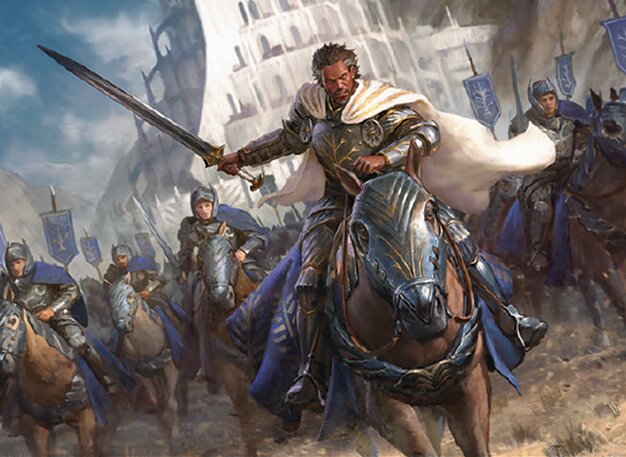
Aragorn, the Uniter
Multicolor value deck that leverages multi-colored spells, creatures with riot, and combat buffs to apply pressure and generate incremental advantage through creatures like Gandalf.
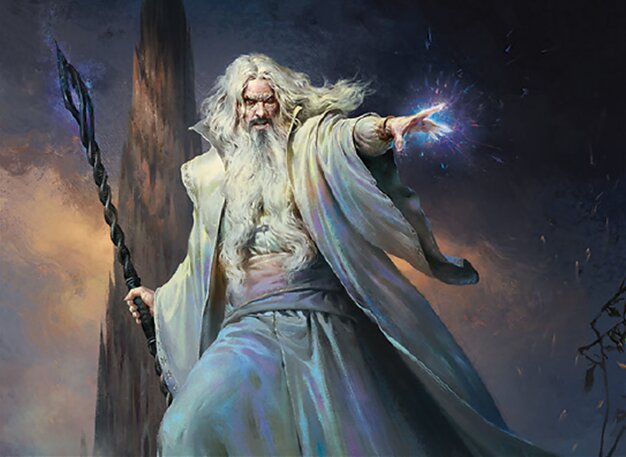
Saruman of Many Colors
Control and combo deck that uses ramp and spell doubling to cast spells from opponents' graveyards for free, disrupting their plans and gaining value from graveyard interactions.
Gameplay Insights
- 1
Saruman’s use of Consider into Void Rend to mill opponents and cast spells from their graveyards was a crucial disruption tactic that shifted momentum.
- 2
Shelob’s player strategically used Cosmic Hunger to force a fight between Shelob and Elish Norn, removing a major threat and creating a food token for further use.
- 3
Tom Bombadil’s saga tribal synergy, combined with enchantment-based card draw triggers, maintained his card advantage and board development throughout the match.
- 4
Aragorn’s player maximized combat effectiveness by pairing Rhythm of the Wild with multi-colored creatures and value creatures like Gandalf to pressure opponents steadily.
- 5
Kovacs’ timely use of Stressed Down temporarily neutralized a key attacking threat, demonstrating the importance of tempo control in this game.
- 6
Notion Thief’s steal of card draws from opponents’ triggered abilities exemplified effective disruption in a multiplayer environment.
Notable Cards
-

Shelob, Child of Ungoliant
-

Tom Bombadil
-

Aragorn, the Uniter
-

Saruman of Many Colors
-
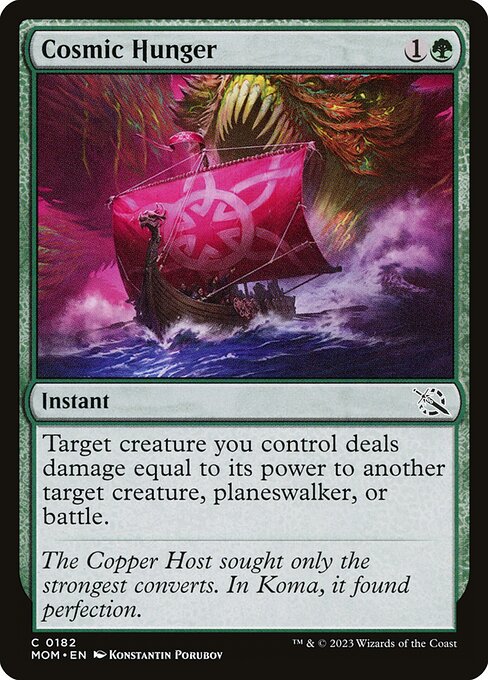
Cosmic Hunger
-
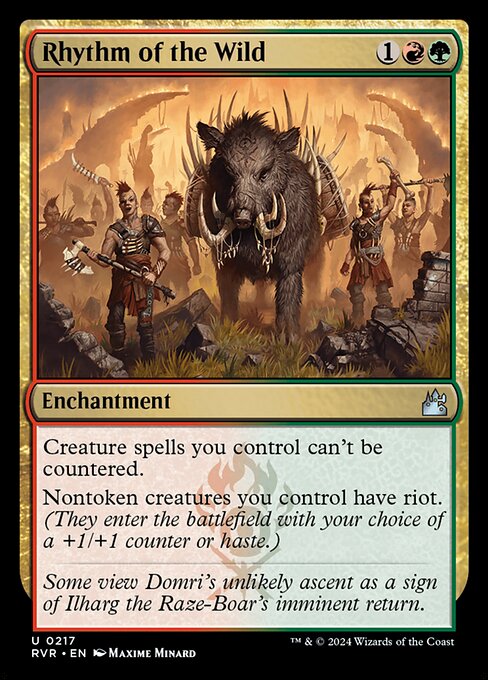
Rhythm of the Wild
-

Notion Thief
Gameplay Summary
The game starts with a focus on establishing board presence and ramp, with each player deploying lands and early creatures or ramp spells relevant to their strategies.
Shelob's player (J-man) builds a spider tribal theme centered on creating food tokens and copying opponents' permanents, while Tom Bombadil's player (Busterkins) looks to chain sagas for card draw and board advantage.
Aragorn's player (Mostly Casual) aims to leverage multi-colored spells and creature buffs for value, and Saruman's player (Kovacs) focuses on doubling spells and casting free spells from opponents' graveyards using mana ramp and control elements. Key turning points include Saruman casting a powerful board control spell (Consider into Void Rend), which mills opponents and allows him to cast spells from their graveyards, effectively disrupting their plans.
Shelob's player uses Cosmic Hunger to trigger combat removal, taking down Elish Norn, which had been a significant defensive threat.
Tom Bombadil's player manages to maintain card advantage through sagas and enchantment synergies, while Aragorn generates incremental value with creatures like Gandalf the Gray and aggressive combat steps boosted by Rhythm of the Wild. The game features dynamic interactions such as Kovacs using Stressed Down to neutralize threats temporarily and Notion Thief to steal card draws, which slows down opponents and shifts momentum.
Shelob's spider army with ward and deathtouch remains a constant threat, forcing opponents to respond carefully.
The interplay of enchantments, tribal synergies, and control elements creates a complex board state where players must balance aggression with resource management, setting the stage for a multi-faceted win condition revolving around combat damage and value generation from sagas and graveyard recursion.





































